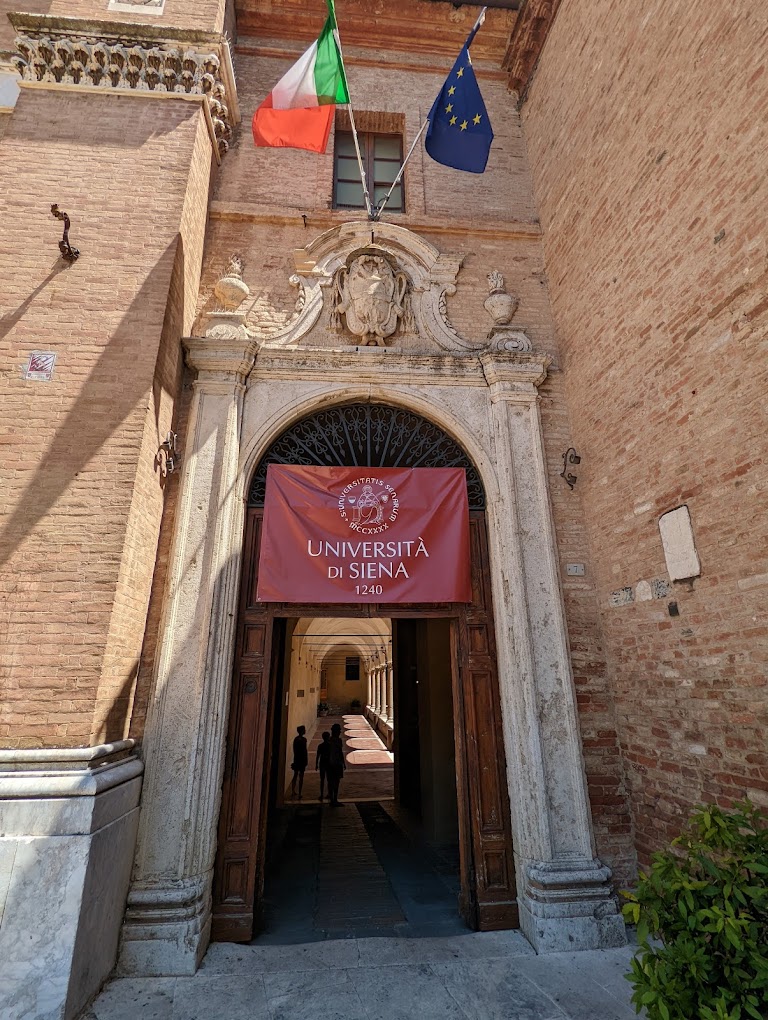Evolutionary patterns linking shape to sinking in planktonic Foraminifera
We are inviting applications for this Leverhulme Trust funded PhD studentship to start in September 2014. The award will cover UK/EU tuition fees and an annual stipend of £13,590 for three years. The studentship is awarded on the basis of merit.
The investigation will combine simple experiments with a comparative phylogenetic study to determine the effect of changes in shape on sinking rates of planktonic Foraminifera (forams). By providing a clearer understanding of the processes driving deposition of foram tests on the seabed the results will have the potential to benefit fields outside of biology such as palaeoclimatology and palaeostratigraphy. The results of this study will enable improved estimates of the sea-surface sources of deposits of these invaluable microfossils, which are key tools for understanding past climate change and locating new oil fields.
The studentship forms an integral part of a research projectâ¨on âForm and function in a microbial world'⨠supported by a Leverhulme Trust Research Leadership Award to Dr Stuart Humphries. This interdisciplinary project aims to understand and quantify the links between the shape, function and ecology of microbes. We are looking for an enthusiastic and skilled individual with a background in a science subject (biological, physical or mathematical sciences, or engineering), to join our research team that includes four postdoctoral researchers and two postgraduate students.
Planktonic forams produce calcium carbonate tests that are a key indicator for past climates, but the results of sediment core-based studies on these tests rely on a number of assumptions about sinking and transport of the tests to the deep sea. Non-spherical forams are known to have sinking rates that differ substantially from those with a spherical form, and despite a series of studies indicating that foram tests sink faster than expected from models ignoring inertia, no one has examined the impact of these discrepancies on downstream studies.
Using 3D printing to produce scale models of foram tests you will measure their sinking rates and map this onto a phylogeny of both living and extinct species to estimate how the rate of sinking of tests may have changed over time due to the evolution of size and shape. The analysis should also reveal whether sinking has been (relatively) promoted or retarded at different times, for instance in response to temperature-dependent density and viscosity changes in seawater. There will also be the opportunity to learn numerical approaches (Finite and Boundary Element Modelling) to produce testable hypotheses about sinking rates of foram tests. The experimental results will be used to guide, and ultimately to confirm the predictions of, models of sinking.
Applicants should be committed to pursuing biological research to the doctoral level. Focusing on a defined problem, you will contribute to, and benefit from, the diverse expertise in the Physical Ecology Lab at Hull (tinyurl.com/PhysEcoLab). PhD students at the University of Hull follow modules for research and transferable skills development and gain a Masters level Certificate or Diploma in Research Training, in addition to their research degree.
Applicants for this studentship must have obtained 2:1 or above in a relevant subject, have strong analytical skills, be a team player, but also able to work independently. For informal enquires please contact Dr Stuart Humphries (s.humphries@hull.ac.uk)
Closing date: 5pm Monday 16th December 2013Â Â Â Â Â Â Â Â Â
To apply please download an application form by clicking the Apply button below and email to both pgstudy@hull.ac.uk and s.humphries@hull.ac.uk. Completed forms should indicate that the application is for this Leverhulme studentship and the outline for proposed study should simply state âas per advertâ.
Scholarships are not only for the smart students. Anyone can get scholarships


















Have a Question about this Scholarship?